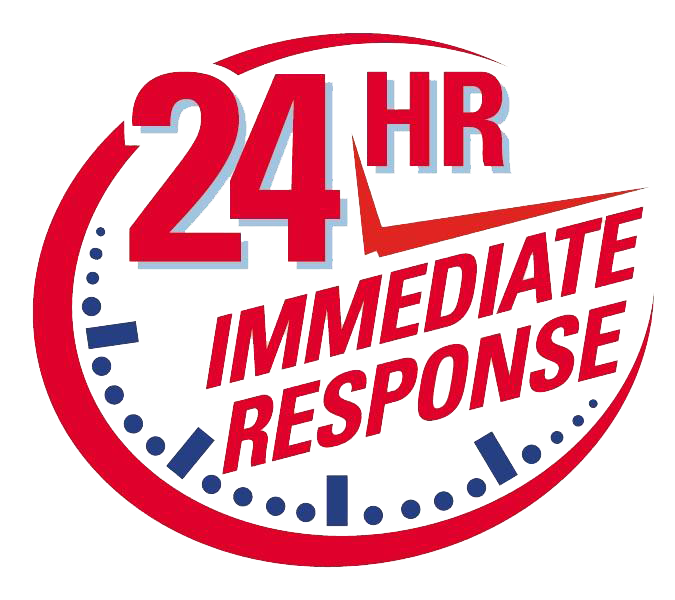Predatory Lending Practices
Predatory Lending Practices
Homeowners have increasingly faced financial challenges from COVID-19, including loss of income, unemployment, delinquent payments, high interest rates, or unanticipated medical situations.
The federal government has stepped in and introduced programs like the CARES Act, Paycheck Protection Program, Stimulus Program, and the Economic Injury and Disaster Loan Program to help mitigate the effects of the pandemic.
Based on complaints from homeowners, it has become clear that lenders and servicers are not helping. They’re left with few options like seeking professional help. Law firms/attorneys can help homeowners navigate these programs, but it comes at a cost (typically $5,000 or more!) When banks step in, they only provide temporary solutions that don’t ease financial burdens in the long run.
That’s why we work tirelessly to help our customers find solutions to improve their financial situations. Our services are compliant with all laws and regulations, and we offer clients 24/7 access to their cases to ensure full transparency. We put you first and strive to get people out of predatory lending situations.
STEP 1
Schedule your free consultation! You will meet with a member of our team to examine your financial situation and explain the restructuring process.
STEP 2
Provide relevant documentation. If you meet the eligibility criteria and decide to move ahead, we will need the following:
a. A copy of your mortgage statement
b. A copy of your utility bill
c. A copy of your paystub or other proof of income
STEP 3
Explore your available options. After submitting your documentation, our Compliance Department will examine your current financial status and find loan restructuring programs available to you. We will share the details about each program with you so you can pick the best option.
STEP 4
Complete the Engagement Agreement. You will receive a copy of our Engagement Agreement after your acceptance into the program. At this time, the Compliance Officer will explain all the program details and answer any questions you might have. Once you’re satisfied, you can complete and return the document.
STEP 5
Meet with Processing and Underwriting. We will forward your case to our Processing and Underwriting department once we receive your Engagement Agreement. They will then reach out to establish a plan of action and walk you through the remaining steps in the process.
Don’t fall victim to predatory lending
Mortgage refinancing and property sales are at their highest in robust real estate markets. Unfortunately, that’s also when abusive lending practices are likely to sneak up on unaware homeowners.
You can stop the abuse before it starts! Keep reading to learn about common predatory lending practices that homeowners, minorities, and elders alike face. Education is the best means of protection, so learning about these common practices can help you avoid them if one should ever cross your path.
Prime versus subprime loans
Predatory lending typically occurs in the subprime lending market. These markets attract borrowers with bad credit scores who individual lenders consider risky borrowers. These borrowers tend to have fewer loan package choices due to their bad credit. Most of these loans have outrageous terms that are much higher than those of prime borrowers. Regardless, they don’t have other options and accept the unfair terms.
Common predatory lending practices
Predatory lending occurs through a variety of methods. Five of the most common predatory lending practices include:
1. LOAN FLIPPING OR EXCESSIVE REFINANCING
Loan flipping occurs when homeowners repeatedly refinance their loans. Instead of paying off their existing loan and taking out a new mortgage, they continuously roll their existing loan into a new one.
As a result, the principal amount owed increases as closing costs, lender charges, and fees are rolled into the new amount. Loan flipping typically occurs in a short period.
2. EQUITY SKIMMING
Equity skimming is another abusive practice that comes in all different shapes and sizes. The name is derived from the practice of skimming equity off the original homeowner.
Most commonly, an outside party approaches a homeowner in foreclosure. They promise to help the homeowner out of the foreclosure by swapping the property’s ownership as security for their existing mortgage payoff. The third party then promises that when the homeowner pays them off, they will change the ownership back to the original homeowner.
All too often, the third party gets the title in their name and refinances the property, ultimately taking out all the equity. Once they refinance the loan, they leave, don’t pay the new mortgage, and force a new foreclosure suit on the original homeowner.
In other cases, the third party takes out the new mortgage and evicts the original homeowner from the property when they fail to pay.
3. BAIT AND SWITCH TACTICS
During the loan application process, lenders provide the terms of the loan to the borrower, including the APR, closing costs, and finance charges. Using the bait and switch tactic, some lenders change the loan terms at close without disclosing it to the borrower ahead of time.
At this point, all relevant parties are already at the closing stage, so borrowers have to decide if they want to proceed with the new terms or start a new loan application.
Bait and switch practices are especially common with subprime borrowers. They tend to have fewer options due to poor credit scores, so they are forced to accept the deal with higher rates and fees.
4. SERVICER CHANGE / UNACCOUNTED PAYMENTS
Many lenders also transfer their loan servicing rights to other lenders. Many borrowers experience two to three servicing changes during the duration of the loan.
All these servicer changes leave lots of room for unaccounted payments. Homeowners occasionally make payments to old servicers during the loan transfer period, but they fail to send the payment to the new servicer. During this time, the homeowner is likely racking up late fees with their new servicer since the payment never came through.
On top of costing homeowners a lot of additional money, this practice also harms their credit scores as late payments are reported to credit bureaus.
5. CREDIT INSURANCE PACKING
It is not uncommon for predatory lenders to market and sell credit insurance as part of their services without making the borrowers aware. Many lenders automatically order insurance, charge outrageous premiums, and finance these costs into the loan.
In these situations, many of the insurance companies are affiliates or subsidiaries of the lender, so the coverage doesn’t automatically come with a good track record. Sometimes insurers even earn commission based on the premium cost.
Conclusion
As you can see, predatory lending practices come in many different shapes and sizes. While not an exhaustive list, we covered some of the most common practices to help educate borrowers.
Many choose to further protect themselves against predatory lending practices by hiring a qualified real estate lawyer. They can help you identify predatory practices and advocate for your best interest. They can also help you file claims against predatory lenders when they violate consumer protection laws like the Truth In Lending Act (TILA), Home Owner’s Protection Act of 1994 (HOEPA), Real Estate Settlement Procedures Act (RESPA), and Equal Credit Opportunity Act (ECOA).
Mortgage restructuring laws were designed with borrowers in mind, so keep these tips handy throughout the process:
Restructuring your mortgage will not change the deed of your home
Do not sign over your property’s title to anyone
Do not make mortgage payments to anyone other than your bank
Do not sign any papers that state that somebody else will pay off your mortgage
Do not trust a realtor that will help you sell your house in a short time to avoid foreclosure
You Have 24/7 Online Access to Your Case
You Have 24/7 Online Access to Your Case



